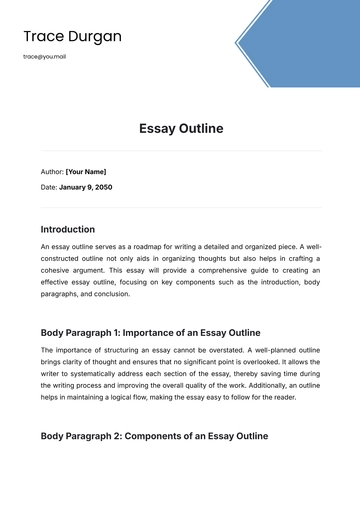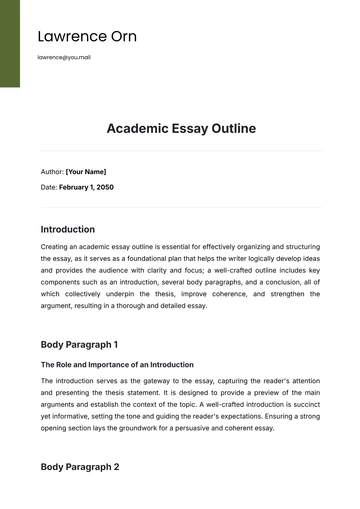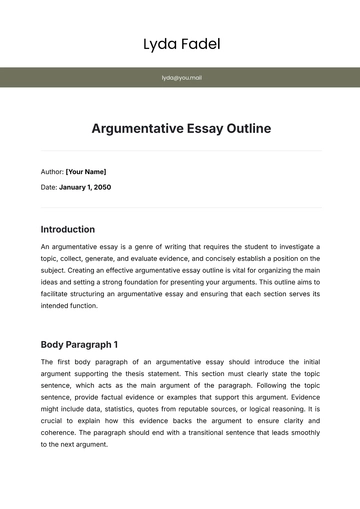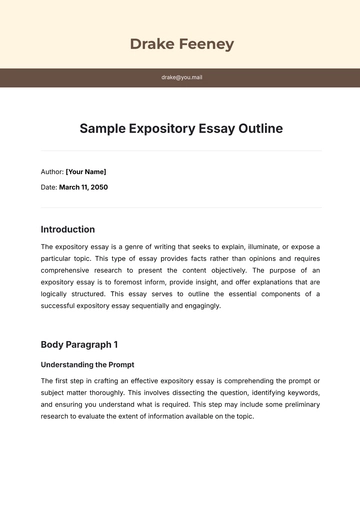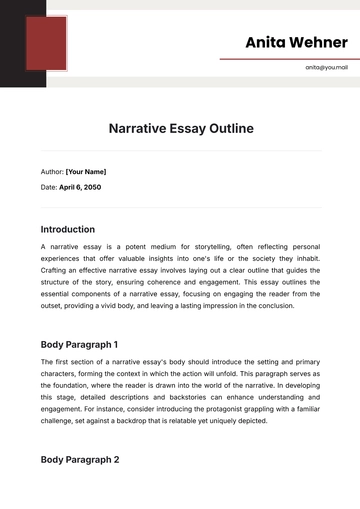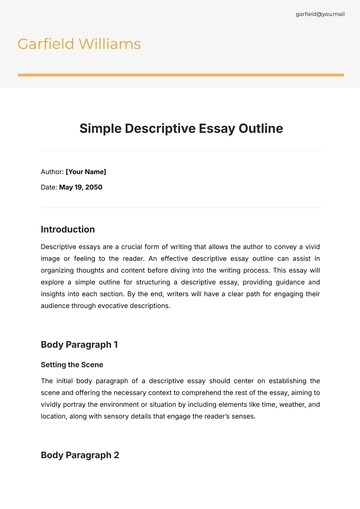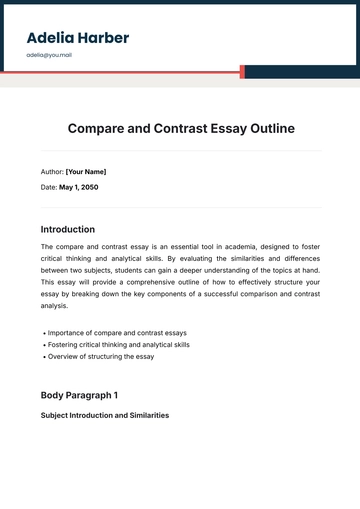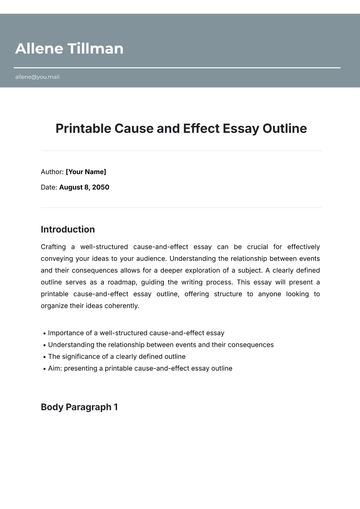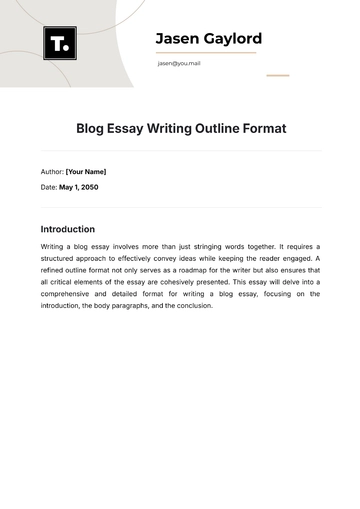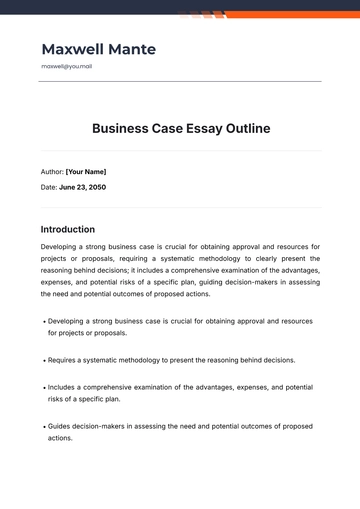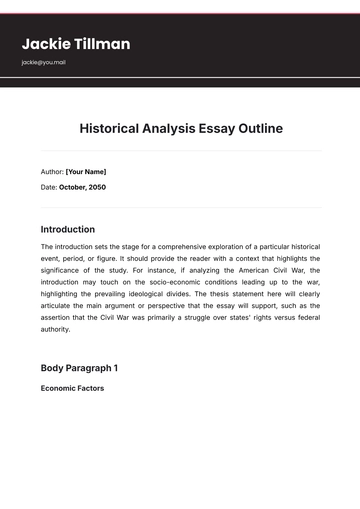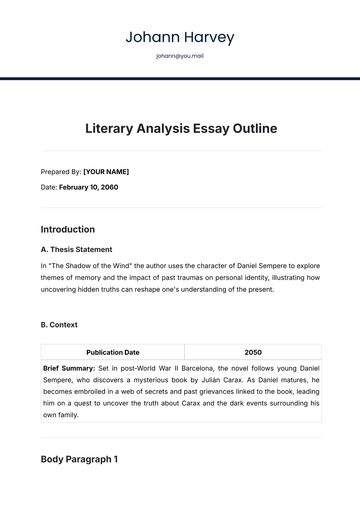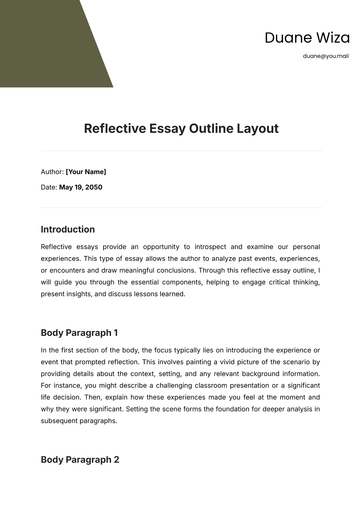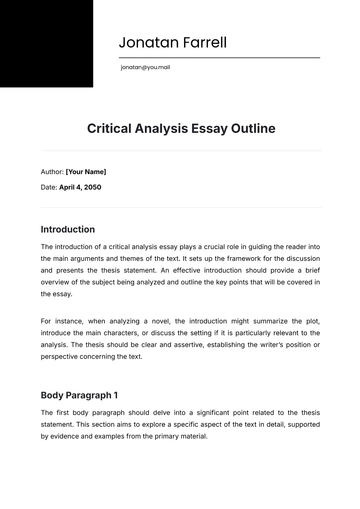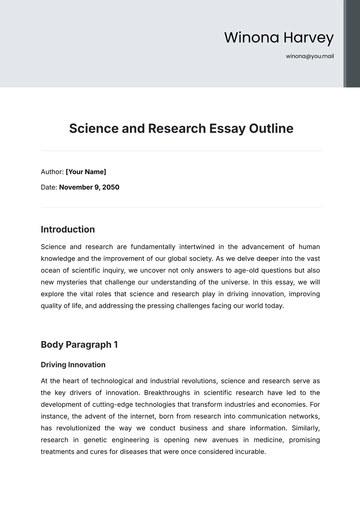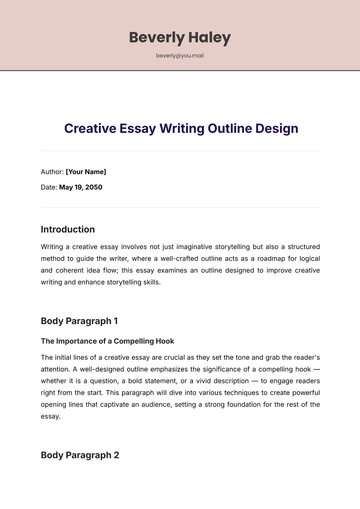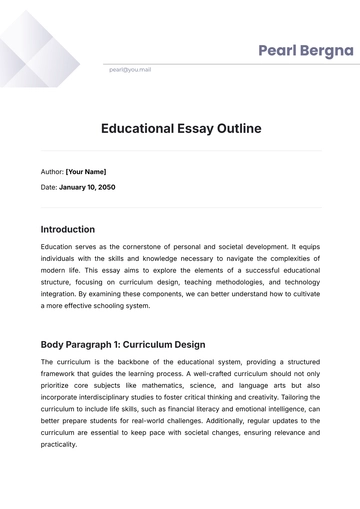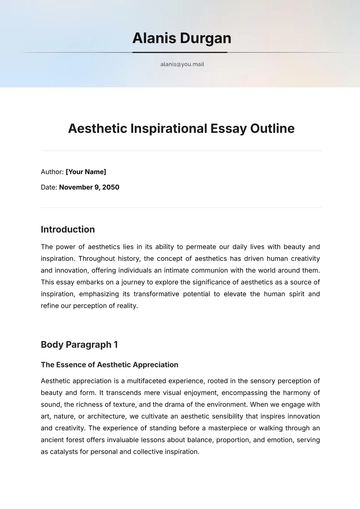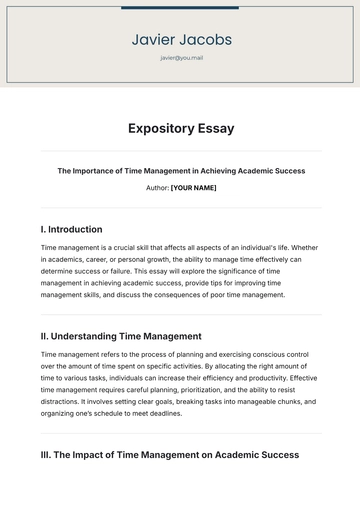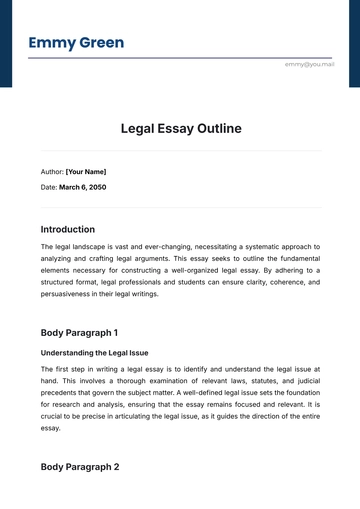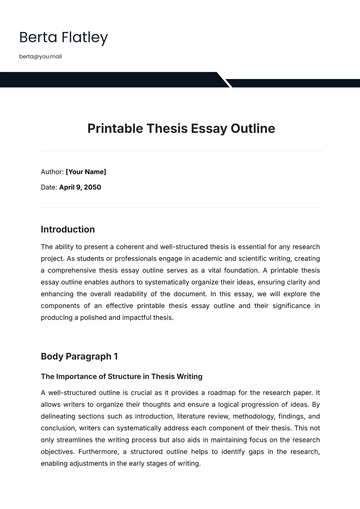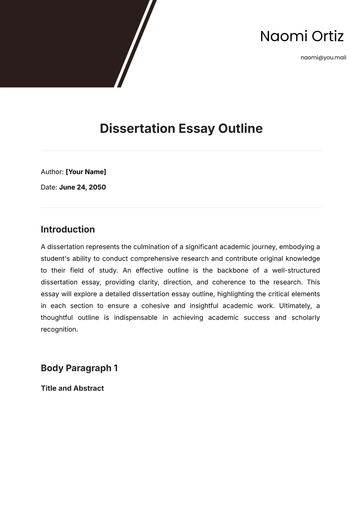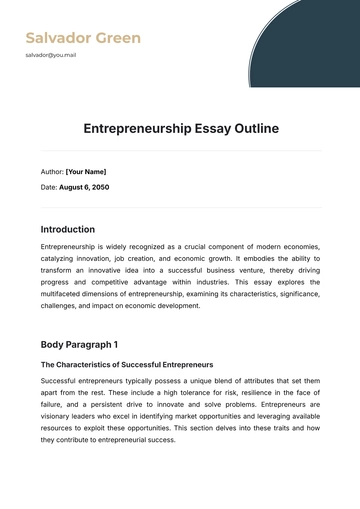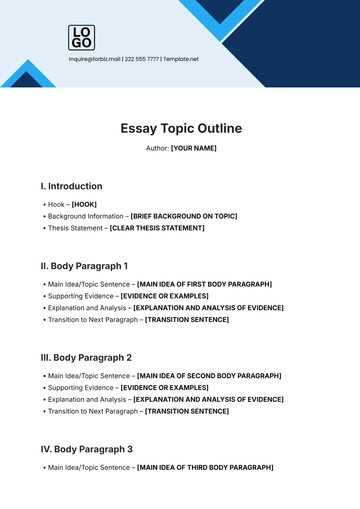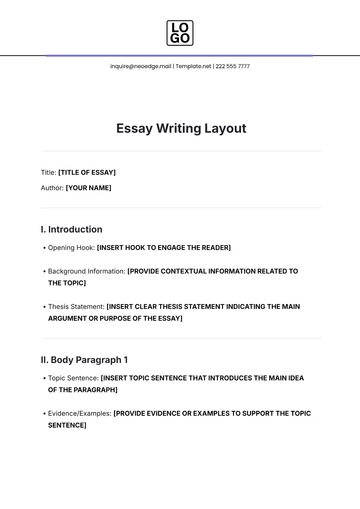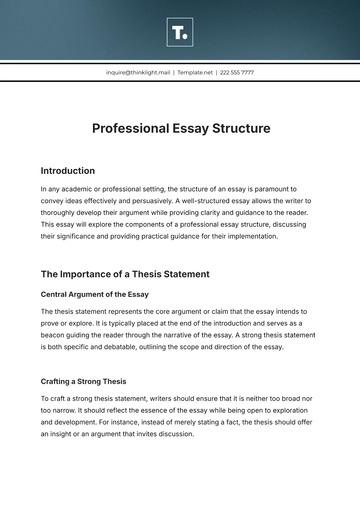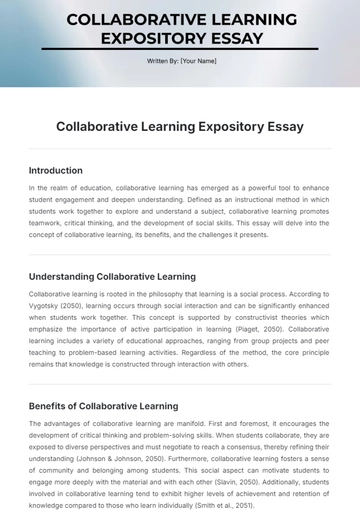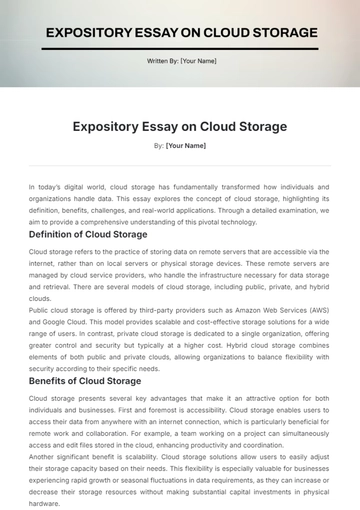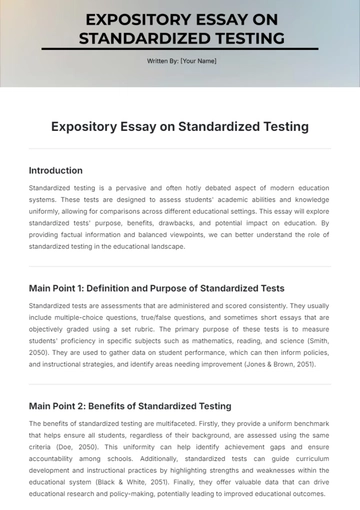Free Academic Performance Expository Essay
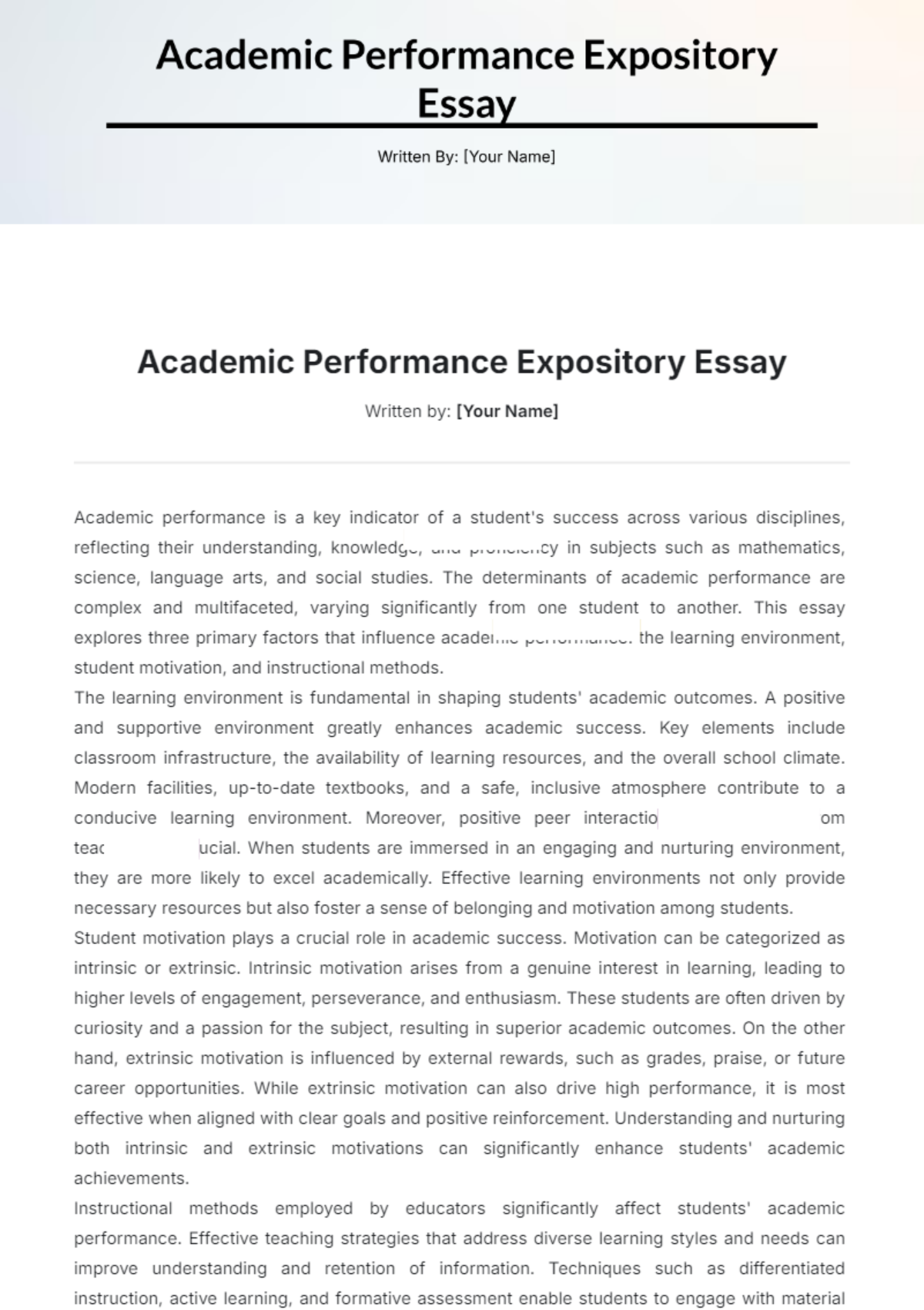
Written by: [Your Name]
Academic performance is a key indicator of a student's success across various disciplines, reflecting their understanding, knowledge, and proficiency in subjects such as mathematics, science, language arts, and social studies. The determinants of academic performance are complex and multifaceted, varying significantly from one student to another. This essay explores three primary factors that influence academic performance: the learning environment, student motivation, and instructional methods.
The learning environment is fundamental in shaping students' academic outcomes. A positive and supportive environment greatly enhances academic success. Key elements include classroom infrastructure, the availability of learning resources, and the overall school climate. Modern facilities, up-to-date textbooks, and a safe, inclusive atmosphere contribute to a conducive learning environment. Moreover, positive peer interactions and support from teachers are crucial. When students are immersed in an engaging and nurturing environment, they are more likely to excel academically. Effective learning environments not only provide necessary resources but also foster a sense of belonging and motivation among students.
Student motivation plays a crucial role in academic success. Motivation can be categorized as intrinsic or extrinsic. Intrinsic motivation arises from a genuine interest in learning, leading to higher levels of engagement, perseverance, and enthusiasm. These students are often driven by curiosity and a passion for the subject, resulting in superior academic outcomes. On the other hand, extrinsic motivation is influenced by external rewards, such as grades, praise, or future career opportunities. While extrinsic motivation can also drive high performance, it is most effective when aligned with clear goals and positive reinforcement. Understanding and nurturing both intrinsic and extrinsic motivations can significantly enhance students' academic achievements.
Instructional methods employed by educators significantly affect students' academic performance. Effective teaching strategies that address diverse learning styles and needs can improve understanding and retention of information. Techniques such as differentiated instruction, active learning, and formative assessment enable students to engage with material in meaningful ways. When educators utilize a variety of instructional approaches—including technology integration, collaborative learning, and real-world applications—they cater to individual differences and enhance overall academic outcomes. Tailoring instruction to meet the needs of all students helps to bridge gaps in understanding and fosters a more inclusive learning experience.
In summary, a range of factors influence academic performance, including the learning environment, student motivation, and instructional methods. Creating a supportive and resource-rich learning environment, fostering both intrinsic and extrinsic motivation, and employing effective instructional strategies are crucial for promoting academic success. By addressing these key elements, educators and policymakers can significantly enhance student performance, paving the way for a more knowledgeable and successful future generation.
- 100% Customizable, free editor
- Access 1 Million+ Templates, photo’s & graphics
- Download or share as a template
- Click and replace photos, graphics, text, backgrounds
- Resize, crop, AI write & more
- Access advanced editor
Elevate your academic writing with the Academic Performance Expository Essay Template from Template.net. This fully customizable template is designed for seamless editing in our AI Editor Tool, allowing you to tailor content to your needs. With its editable format, you can effortlessly craft precise and engaging essays to enhance your academic performance.
